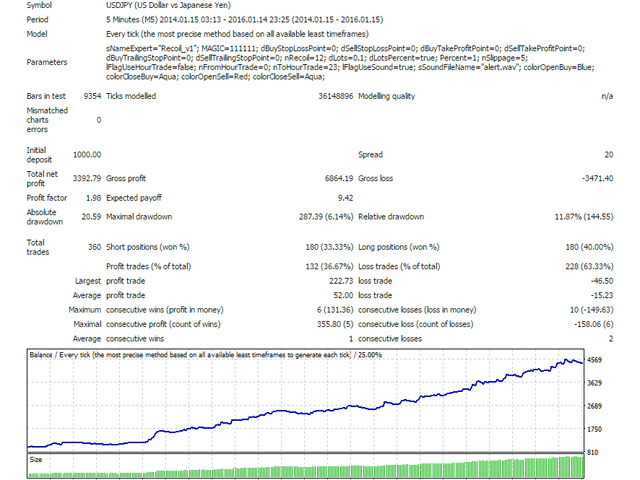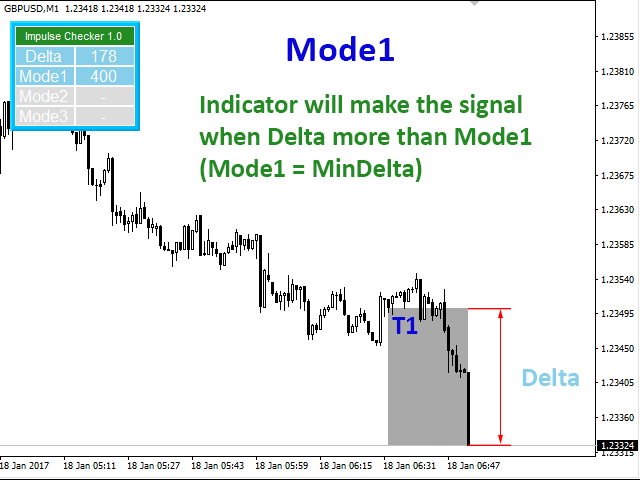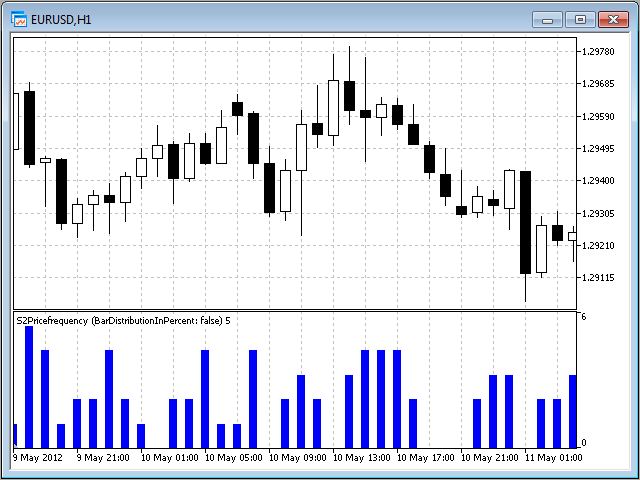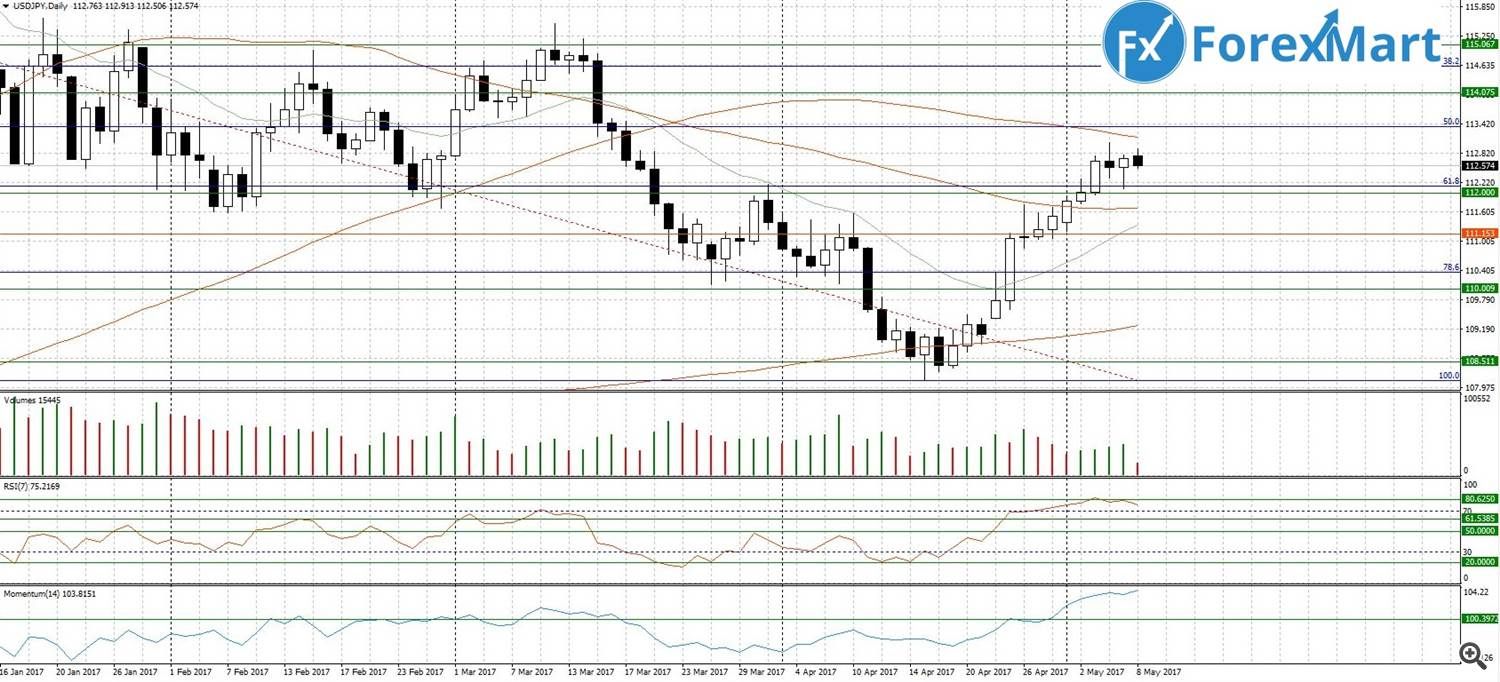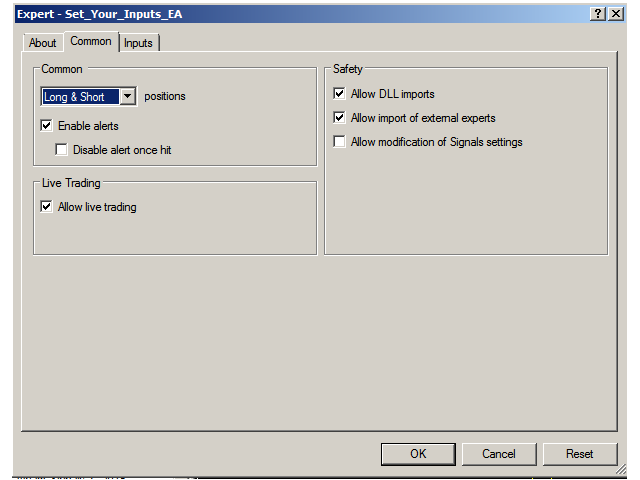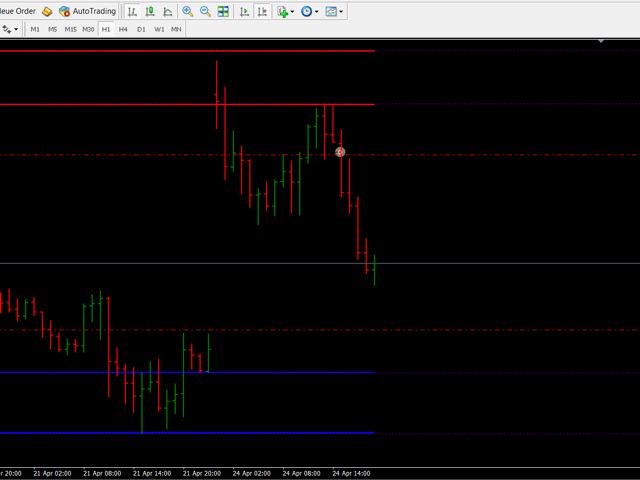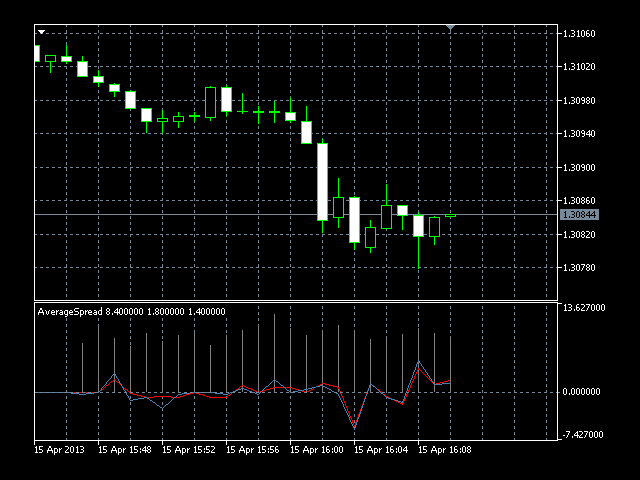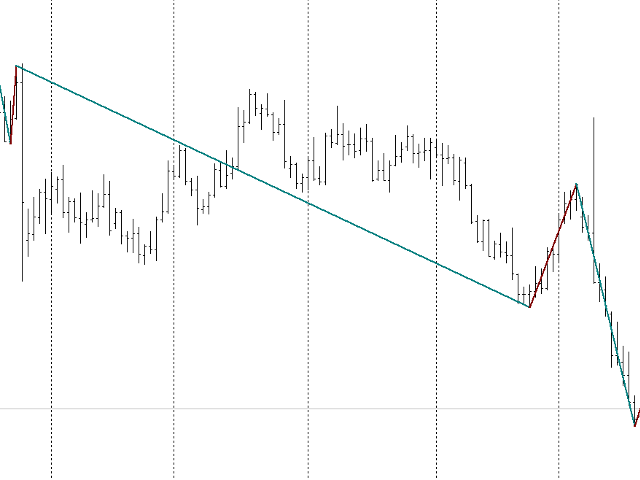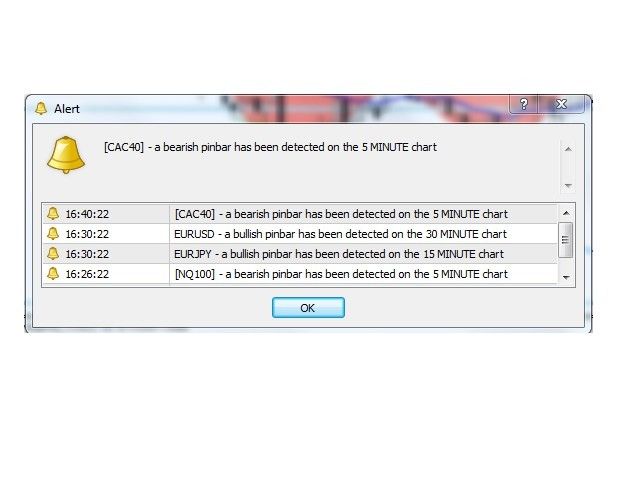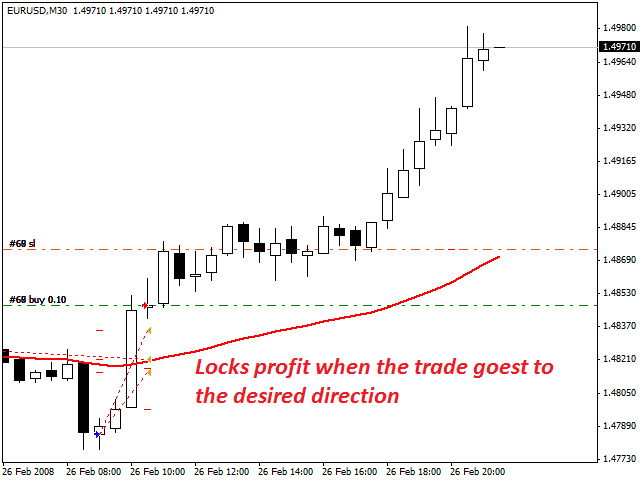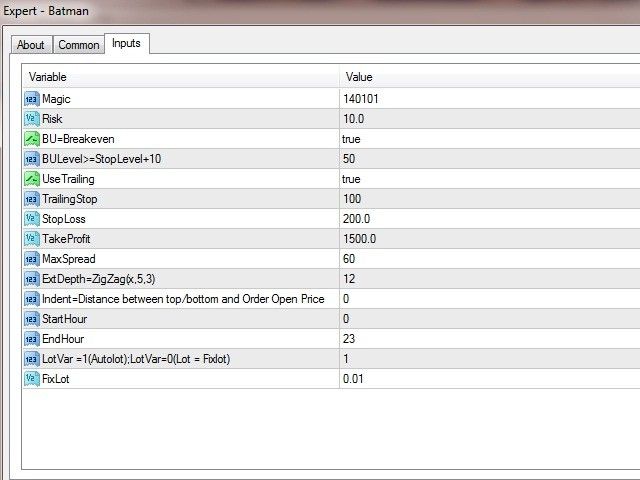ECB President Mario Draghi confirmed the forecast of the central bank with respect to interest rates
European Central Bank President Mario Draghi on Wednesday confirmed the forecast of the central bank, according to which the interest rates will remain not current or lower level for some time after the completion of large-scale asset purchase program. These comments came after the ECB comments from other managers, which indicate that the monetary policy for some time will remain very soft. This policy provides support lending and investment.
During his speech in Madrid, Draghi said that the purchase of assets is more difficult to implement, and the side effects are more likely than other tools, including a moderately negative interest rates. "Negative interest rates can also have undesirable side effects, but they are still limited", - he said.
"Our current assessment of side effects, thus showing that there is no reason to abandon the guidelines that we are continually led in the introductory part of the statement at the press conference"- Draghi said.
These comments signal that the ECB is going to stick to the plan, according to which it will raise interest rates only some time after the completion of the bond purchase program.
Draghi noted that while in the euro area is observed "more robust recovery (of the economy)", Core inflation indicators remain "restrained".
Other members of the ECB on Wednesday pointed to the weak growth of wages as an obstacle to achieving the inflation target, which is slightly less than 2% over the medium term. The latest data showed that inflation in the eurozone was 1.9%. The ECB expects that this year's average inflation will be 1.7% next year - 1.6%, and in 2019 - 1.7%. At its next meeting, which is scheduled for June 8, the central bank will introduce new economic forecasts.
Speaking in Frankfurt, European Central Bank Vice President Vitor Constancio said that the past experience of the conduct of monetary policy shows that it is better to err and to maintain an aggressive policy longer than the application to quit before.
"I think that when we study the history of monetary policy in Europe and abroad, we must be careful to prevent premature collapse incentives", - he said, adding that it is preferable to make a mistake and turn soft policy is too late than too early.
These comments underscore how the central bank is afraid to repeat the past mistakes in communication, which made central banks, turning aggressive. Perhaps the most outstanding example was in May 2013, when the Fed signaled that it will phase out the bond-purchase program, amounts to 85 billion dollars a month. This caused a drop in global assets.
"We all remember the episode in the US, and I think that central banks are well learned this lesson"- said Bostan Yazbech, a member of the Governing Council of the ECB, in an interview for the Wall Street Journal last week.
"We believe that the central bank is still far from raising interest rates"- said Dzhek Allen, an economist at Capital Economics. According to his forecast, the first rate hike will take place in the 1st quarter of 2019.
In recent months, the ECB focused on salary. Mario Draghi said during a press conference in March that wage growth is "the basis of a self-sustaining inflation. This is a key variable for which you want to watch, and although it is not the only one, it is, of course, is the key".
Similar comments made on Wednesday, a senior economist at the ECB Peter Pret. During his speech in Sofia, he said that "important element that restrains the basic price pressure is weak salary growth, which is determined by many factors".
Next ECB meeting is scheduled for June 8. At this meeting, according to some economists, the ECB is still leaving the door open for changing the sequence of folding incentive policies in the future. "For me it would be a big surprise"If the ECB categorically ruled out raising interest rates on deposits until the completion of the asset purchase program, said Frederick Dyukroze, Pictet economist. He expects that the ECB will start to slowly turn off the program of asset purchases in the 1st quarter of next year, and believes that the central bank will raise the rate on deposits in June next year, but will refrain from raising interest rates cycle until 2019.
Source: "News Feed"
Related posts
Mario Draghi defying market opinion
Mario Draghi defying market opinion and continues the program of QE As the head of the European Central Bank Mario Draghi during his speech at the IMF...
Negative interest rates mean that
Negative interest rates mean that the Bank of Japan is the currency war - Kuroda TOKYO (Reuters) - The Central Bank is not engaged in a currency war,...
Opinion crisis in emerging markets
Opinion: The crisis in emerging markets - the third wave of global financial crisis downturn in emerging markets - is not just a the result of the local...
Next posts
- Trump asked former head of FBI
- CB half months from opening of
- Signs of weakening momentum evident
